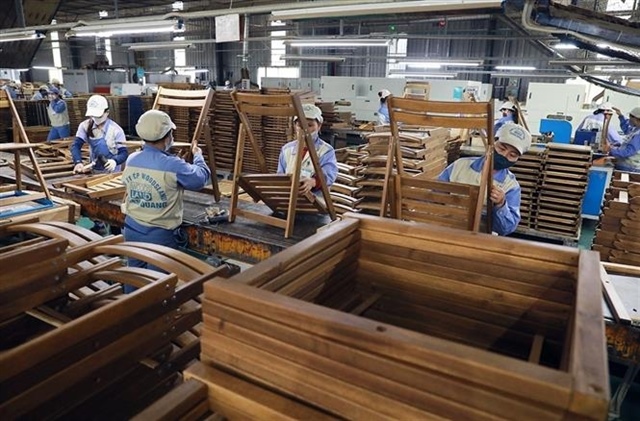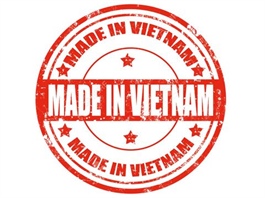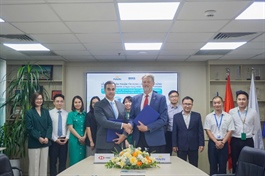Vietnamese exporters brace for Turkish trade twists
Vietnamese exporters brace for Turkish trade twists
Despite these risks, Turkey is still an attractive market with 84 million people, a strong economy, and a key location linking the Middle East and the European Union.

According to the Trade Remedies Authority (TRA) under the Ministry of Industry and Trade, Turkey has applied 26 trade defence measures involving Vietnamese exports to date. — VNA/VNS Photo |
Turkish trade turbulence is testing Vietnamese exporters as Ankara increasingly deploys trade defence measures, prompting businesses to strengthen readiness and reduce potential losses.
This month, Turkey imposed anti-dumping duties on thick steel imports from South Korea after a year-long investigation covering January to December 2023. The measure aims to protect Turkey’s domestic steel industry from unfair competition and demonstrates the country’s proactive market management.
Recently, Turkey also applied safeguard measures on ethyl acetate imports, including those from Việt Nam, as trade volumes were considered significant.
According to the Trade Remedies Authority (TRA) under the Ministry of Industry and Trade, Turkey has applied 26 trade defence measures involving Vietnamese exports to date. These measures are legal and can be more severe than normal tariffs, with high rates, long durations, specific scope and flexible adjustments.
Frequent investigations are not unusual in global trade but highlight the need for exporters to be well-prepared, TRA said.
Despite these risks, Turkey remains an attractive market with nearly 84 million people, a dynamic economy and a strategic location connecting the Middle East and serving as a gateway to the European Union.
Key Vietnamese exports, including rice, dairy products, pepper, wood, rubber, tea, textiles, garments, footwear and electronics, have strong growth potential.
To navigate these challenges, TRA advises Vietnamese businesses to monitor early warnings, share information with industry associations and study local trade defence laws and practices.
Companies should build export strategies for each stage, establish direct communication channels with importers and enhance product quality rather than compete only on price. Using domestic or non-restricted materials can also raise the added value of Vietnamese products and reduce the risk of investigations.
According to TRA, before signing contracts, exporters should carefully assess potential risks and prepare unified response plans.
Exporters should allocate sufficient resources, consider hiring legal advisors and coordinate closely with industry associations and government agencies. These steps can help minimise losses, protect legal rights and maintain a stable presence in the Turkish market.
- 18:24 24/09/2025























